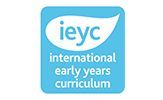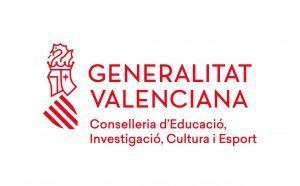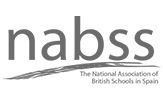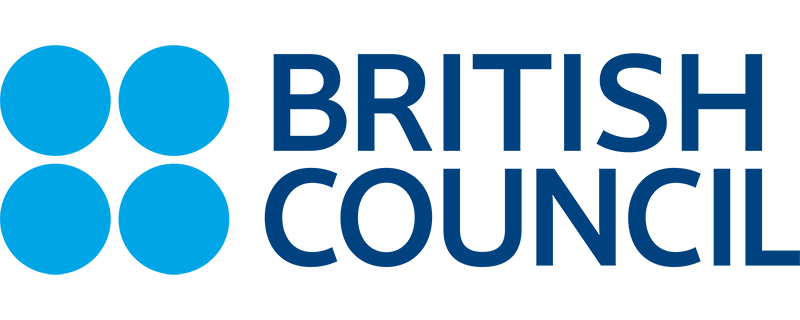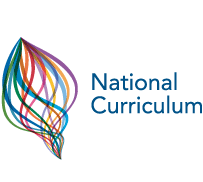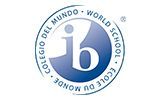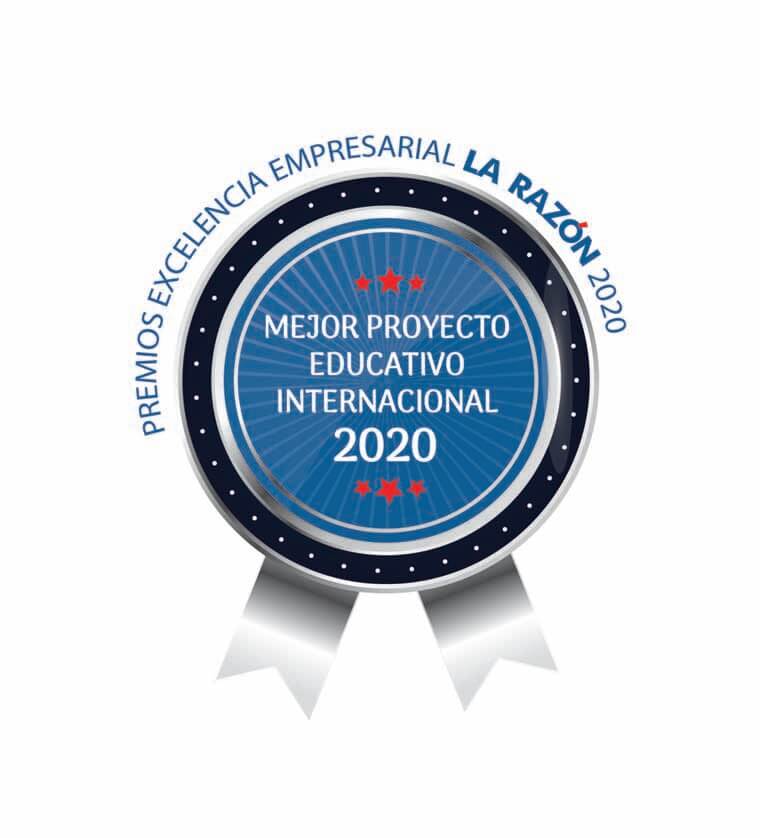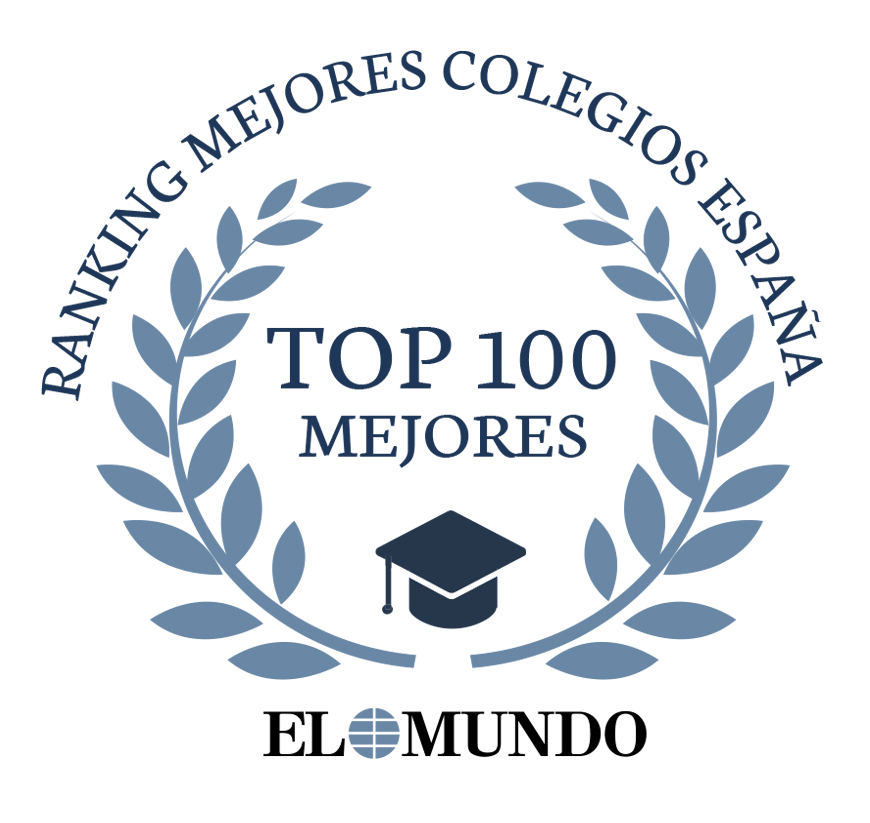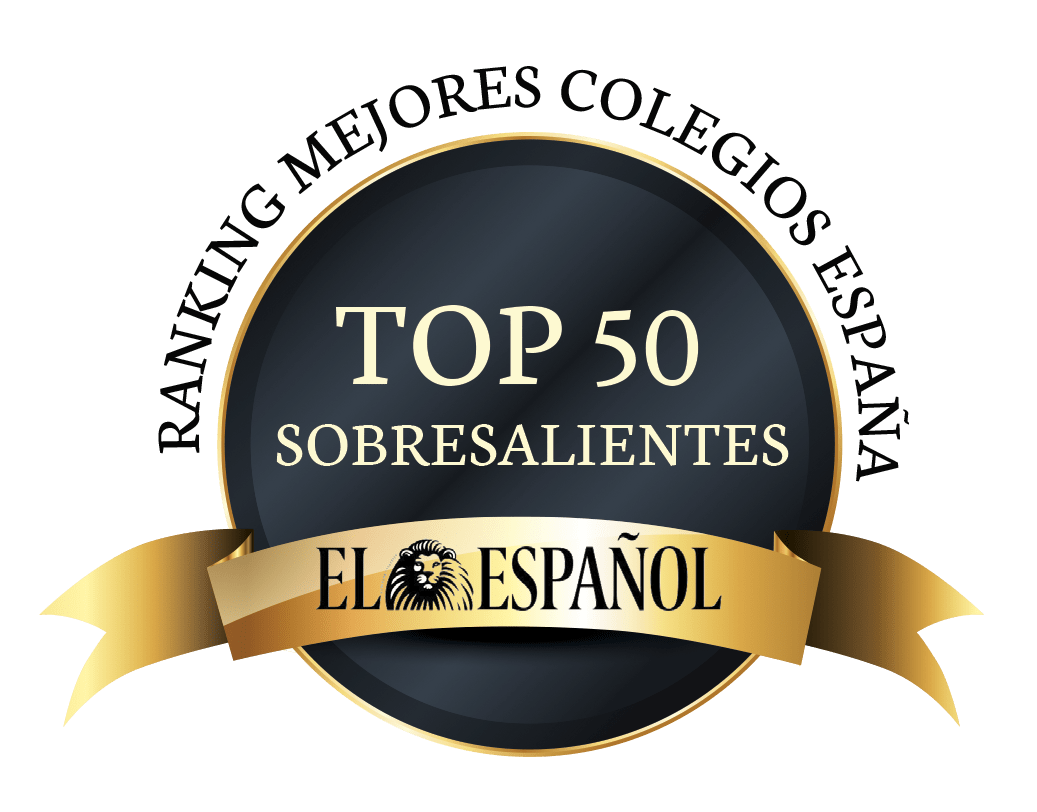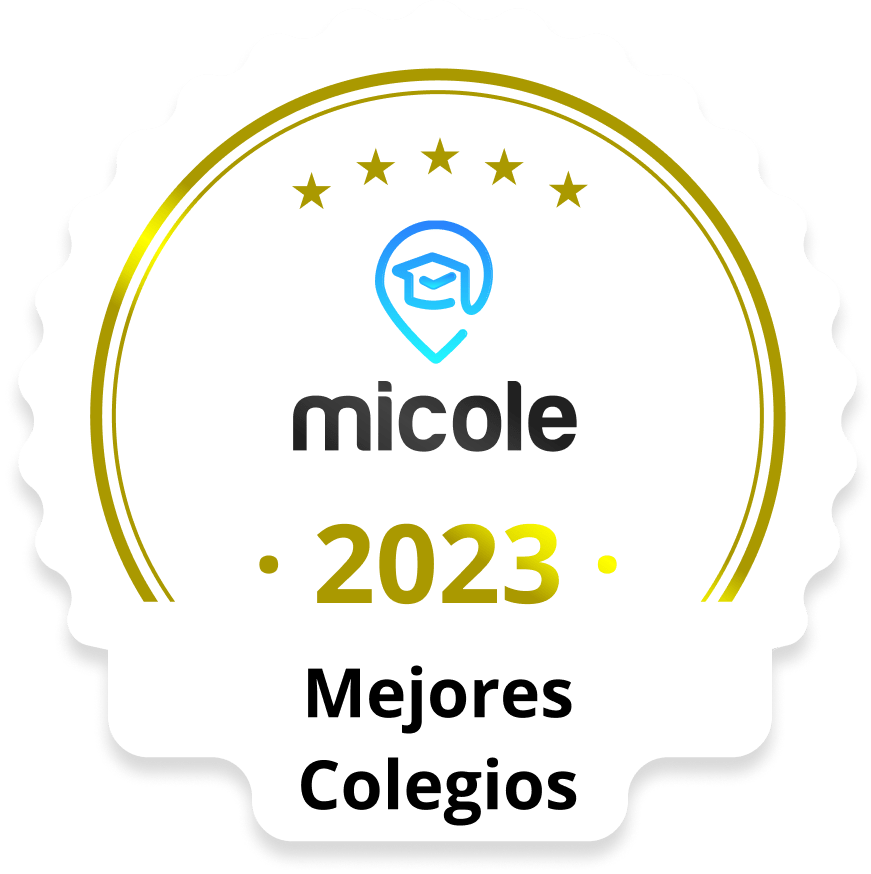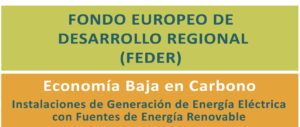OUR SCHOOL
WELCOME TO NEWTON COLLEGE
A truly warm welcome to Newton College , an exciting place to learn and a community driven by getting even better.
Our school has grown consistently since it was founded in 1991 and is now a leading school of reference within the local area and beyond.
What does amazing learning mean to you?
Here at Newton College , amazing learning is a life-long journey where we are challenged to get better in an ever changing world. This means that every day around school we see our children and students growing in knowledge, skills, and confidence as they respond to challenges.
At the heart of this success is a clear and consistent focus on great learning experiences. We are successful because we have high goals and aspirations. Our dedicated team of teaching professionals and supportive families work together to develop the unique potential within every one of our students.
Our creative international framework enables our students to excel at the best universities across the world.
Our students thrive as they learn both the British and the Spanish curricula. Between Early Years education and the Baccalaureate level, we also teach international programmes, after which our students have the option of pursuing the International Bilingual Diploma .
Beyond this, we prepare young minds for the future by applying a pedagogical model that is unique to Newton College : “ Creative & Design Thinking. ” This program includes creative “ Maker spaces, ” which are designed for agility and innovation.
Newton College offers an environment where creativity, skill development, and the appropriate use of technology become agents in the learning process. Our students are delighted in meeting the challenge of finding innovative solutions and effectively implementing them.
All students enjoy a curricular and pedagogical framework along with interesting projects from our Social Action Plan and “ Opening Minds ” programme. Here, your children will experience and become aware of values that are important for their personal and emotional maturity, complemented by the elements that our school boasts in its emblem: independence, respect, personal integrity and knowledge.
When you read about us through this website and visit us on Facebook, Instagram or Twitter, we are confident that you will agree that your children can reach their full potential in this positive and stimulating environment.
We look forward to welcoming you in person to find out more about our great school and how you can join our growing community.
With the warmest of welcomes,
Mr Alan Taylor
Principal
WHY NEWTON COLLEGE?
Newton College is a private non-granted, mixed, secular, and liberal school. In the first educational stages, we offer the British National Curriculum aligned with the Early Years and Primary International Programs (IEYC and IPC) . In the Secondary stage, we combine the Middle Years Program (MYP) of the International Baccalaureate and the Spanish National Curriculum. Finally, in the Sixth Form our students can choose between two differentiated pathways: the Diploma Program (DP) of the International Baccalaureate and the Spanish National Curriculum.
In addition to this complete and well-rounded educational programme, we give you 10 more reasons why Newton College is the best school choice:
- We offer our students a comprehensive education.
- We inspire each and every one of our students to develop a passion for learning.
- We provide quality education with personalised attention, based on our founding principles of respect and hard work.
- We contribute to the preparation of global citizens, with a sense of responsibility and integrity. We are thinkers, good communicators, and internationally minded.
- We inspire excellence, stimulate learning and creativity, and teach our students to discover the infinite paths to their educational and professional future in an increasingly interconnected world.
Furthermore:
- We value individuality, encouraging the personal growth of each of our students.
- We work to ensure that each child realizes their full potential.
- Our students have access to a broad range of university courses as preparation for a successful professional career, whether in Spain or abroad.
- The education we provide is complemented by solid grounding in valuesin every subject and at every stage.
- Our open and friendly approach reflects the way we engage with others. We are proud of the strong personal links created across our educational community.
FACILITIES
- 2 dining halls with our own kitchen.
- Cookery room
- Dream lab
- 2 psychomotricity classrooms
- 2 multi-activity classrooms
- Library
- 2 art workshops
- 4 music classrooms
- 2 video classrooms
- 3 computer classrooms
- Audio-visual lab
- 5 science labs
- TV Studio
- Radio studio (Newton Air)
- Innovation Center
- Multimedia classrooms with interactive whiteboards
- Covered sports pavilion
- 3 5-a-side football/handball courts
- 4 mini football courts
- Basketball court
- 2 mini-basketball courts
- Volleyball court
- Multi-sports pitch
- Football pitch 8 with artificial turf
NEWTON COLLEGE STAFF
OUR PHILOSOPHY
OPENING MINDS
Through our “Opening Minds” philosophy, our students are encouraged to adopt a broad point of view and a global outlook, not only from the knowledge they acquire but also from the world around them. We give them the tools and skills needed to apply this knowledge in real-world situations. They are encouraged to adopt an open mind that accepts cultural diversity and helps them to become responsible and compassionate citizens of the world. We also give our students the space and time they need to discover and develop their talents in different areas (besides their academic aptitudes), giving them a full education that enables them to grow in every possible way and helps them to become the best version of themselves.
CREATIVE & DESIGN THINKING
Newton College is growing and evolving in how our students are encouraged to express their identity, hone their skills, discover the world, and transform it.
Newton College’s mission is to provide education with an international outlook within a flexible, dynamic, and innovative framework. Based on this premise, we plan to upgrade our educational project with a more compelling work model in our different learning areas: CREATIVE & DESIGN THINKING (C&DT).
The main goals of CREATIVE & DESIGN THINKING (C&DT) are:
- Involving the type of teachers who are driven to learn and explore new areas of development as part of their teaching and learning experience.
- Developing a culture of “pedagogical innovation”, that makes us experts in the field, sharing our best practices through training courses, and collaborating with other schools within the educational sector.
- Creating a varied learning environment through planning and improving, which can be adapted to our students’ different learning styles, allowing them to discover new ideas.
- Exploring critical thinking in the classroom, in which creativity, opportunity development and the appropriate use of technology play an active role.
We expect this methodology to respond to the educational needs of our 21st century students. Learning experiences are developed through our “Creative & Design Thinking” (#designthinking) approach, where students are challenged to find innovative solutions to their goals. This process means that they will work through stages in which they will have to understand their own goals, engage with one another, explore and share ideas, define designs and ultimately present their product, seeking beauty in its creation.
This approach to creativity leads to the emergence of Creative Learning Spaces, small ateliers or “opportunity workshops”. These are attractive, multi-disciplinary spaces created with adaptable furniture, which allow both teachers and students to adapt their learning space to meet the requirements of the work they need to do (working in small groups, sharing experiences, hosting exhibitions, individual supervision, and research), combining several tasks at a time and always under teacher supervision.
Newton College has been included in the most important rankings in Spain
The newspaper 𝐄𝐥 𝐌𝐮𝐧𝐝𝐨 has positioned us among 𝐭𝐡𝐞 𝟏𝟎𝟎 𝐛𝐞𝐬𝐭 𝐬𝐜𝐡𝐨𝐨𝐥𝐬, being 𝐭𝐡𝐞 𝐨𝐧𝐥𝐲 𝐬𝐜𝐡𝐨𝐨𝐥 𝐢𝐧 𝐭𝐡𝐞 𝐩𝐫𝐨𝐯𝐢𝐧𝐜𝐞 𝐨𝐟 𝐀𝐥𝐢𝐜𝐚𝐧𝐭𝐞.
For this ranking, El Mundo has taken into account a total of 27 criteria to select the 100 best schools in Spain in 2023.
The first of these criteria is the teaching model, which in turn is divided into a total of 9 points covering the educational model, external recognition, quality models, commitment to comprehensive training, taking into account other variables beyond grades to evaluate students, value for money, loyalty to the centre and care of the teaching staff.
The second criterion that the world takes into account to include the different schools in the ranking is the educational offer. Within this criterion we find the number of languages offered within the school, the qualifications of the teachers, the number of support teachers, the number of hours of tutoring, the reinforcement of special abilities and the success of the students in the university entrance exam. Also important are the social aspect and workshops as well as extracurricular activities and the medical service which ensures the health and safety of the pupils.
The third and last criterion taken into account by El Mundo is the material criteria, which includes the number of students per classroom, the number of students per teacher, the square metres available in the school, the space inside the classrooms to facilitate the work of teachers and students, the computer equipment, the school’s transport offer, the price, places and quality of the canteen, as well as the complete sports facilities and the correct laboratory infrastructure.
The prestigious Forbes magazine has also included us in its Forbes list of the best schools 2023. Forbes has praised and highlighted the combination of primary and secondary curricula, as well as the International Baccalaureate Diploma Programme, of which we have been a part since 1999.
The newspaper El Español has included us in its list of the 50 most outstanding schools. El Español has relied on the collaboration of experts to carry out the ranking by examining the documentation obtained by the newspaper, the schools being the primary source of information.
Last but not least, Micole, the number 1 school search engine in Spain, has included us in the ranking of the 100 best private schools in Spain.
FAQs
HOW CAN I APPLY FOR A PLACE AT THE SCHOOL?
You can apply for a place by filling out a registration form and sending it to the school secretary to be assessed by the Director of Admissions and External Relations. Alternatively, you can get in touch with us through the school website and fill out an online application. When the Director of Admissions has received your application, she will contact you to arrange a visit so you can see our school and its facilities, submit any documents, and pay the relevant enrollment fee. If the student is to enter Primary, Secondary or Baccalaureate courses, he or she must take an entrance exam in both Spanish and English.
ARE ANY OTHER SCHOOL SERVICES MANDATORY?
Participation is only mandatory during school hours and in the dining hall. Any other services such as transportation, special morning hours (Breakfast Club), or extracurricular activities are optional, and are therefore only payable by families that request them.
WHY SHOULD I CHOOSE LAUDE NEWTON COLLEGE?
Laude Newton College is the only private British school in the province of Alicante. It offers a comprehensive and unique education, imparted with proven academic excellence. Our students have achieved the best results in University Entrance Tests for Spanish Universities (Selectividad), the official exams for Cambridge, and the Goethe-Institut for many years.
WILL MY CHILD HAVE LESSONS IN SPANISH?
At Newton College we celebrate multilingualism. Our 1450 students are from over 35 different nationalities and many of them speak over 3 languages fluently.
English is our main language of instruction, but we also have Spanish Language & Literature in our curriculum as well as Valenciano, the co-official language of the Valencian Community. Our curriculum includes French and German language options starting from Secondary school and progressing until Year 11.
WHY IS THE DIFFERENCE BETWEEN AN INTERNATIONAL SCHOOL, A BRITISH SCHOOL AND A BILINGUAL SCHOOL?
It is important to distinguish correctly between each type of school. An international school offers an authorised international program in each of its educational stages; British schools only offer the British National Curriculum, and bilingual centres offer a specific number of courses in English.
WHAT IS THE PROFILE OF NEWTON COLLEGE?
Our students at Newton College benefit from all the three school models mentioned above in terms of their education as well as qualifications and certificates. We also have an international community through International Schools Partnership that greatly enriches our educational experience.
HOW DOES NEWTON COLLEGE INCORPORATE THE INTERNATIONA PROGRAMMES WITHIN ITS TEACHING?
In the early stages, it offers a combination of the International Early Years and Primary (IEYC and IPC) Programs with the British National Curriculum. At the Secondary level, it combines the Middle Years Program (MYP) of the International Baccalaureate (IB) with the Spanish National System. Finally, in the Baccalaureate stage, students have a choice between two clearly distinct paths: The Diploma Program (DP) of the International Baccalaureate or the Spanish Programme. We are the only school in the province to offer this project and our efficiency is highlighted by our leading position in multiple educational rankings.
Altogether, the teaching we offer at Newton College guarantees the highest quality of education. Our students can make connections between what they have learned and the real world. We provide education that encourages ethical responsibility, personal achievement, innovation through learning and assessment, independence, critical thinking, curiosity, creativity, and team work, all while developing a social conscience.
WHY DOES NEWTON OFFER TWO PATHS IN BACCALAUREATE?
Our students are the driving force of our educational philosophy. In this regard, neither programme is better than the other, and we try to guide our students towards the programme that they are best suited for: our obligation is to offer them the path that is best tailored to their needs and future projects.
HOW IS THE PROGRAMME RECOGNISED IN SPAIN? AND IN THE REST OF THE WORLD?
The Diploma is recognized internationally and is one of the most regarded and highly valued qualifications in the most prestigious universities of the US, Canada, Australia and the United Kingdom.
It has also been recognized in Spain as the academic equivalent of the Spanish Baccalaureate qualification since 2010. This means that the Diploma gives our students the right to access Spain’s different public and private universities without having to sit the PAU (University Entrance Tests), which is not widely known among Spanish families.
There are more than 5,000 IB schools in over 150 countries around the world, and there are more than 350,000 students enrolled in this programme.
SCHOOL PROMISES

|
Promise 1.From their first day at school, we will welcome your child into the truly international Newton family – We are a big family with a great history and bright future! |
|
|
Promise 2.From their first steps, we will encourage your child to develop a positive attitude towards learning and the necessary skills to succeed. |

|
Promise 3.Your child will be a confident communicator in several languages. |
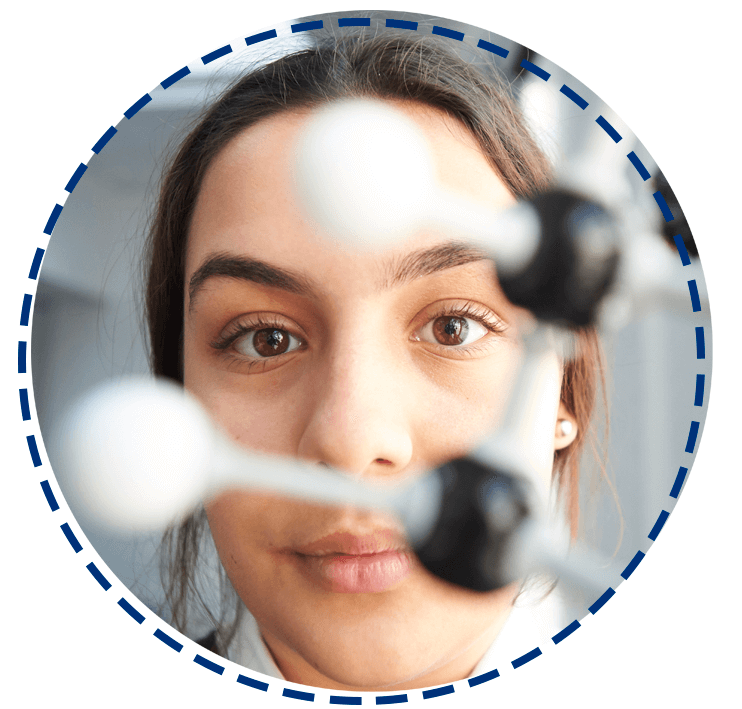
|
Promise 4.Your child will become a resilient and independent learner. |

|
Promise 5.We will communicate with you in an open and transparent way to share with you the learning process of your child and how he/she can get even better.
|

|
Promise 6.We will provide your child with the opportunities needed to access any university across the world. |





